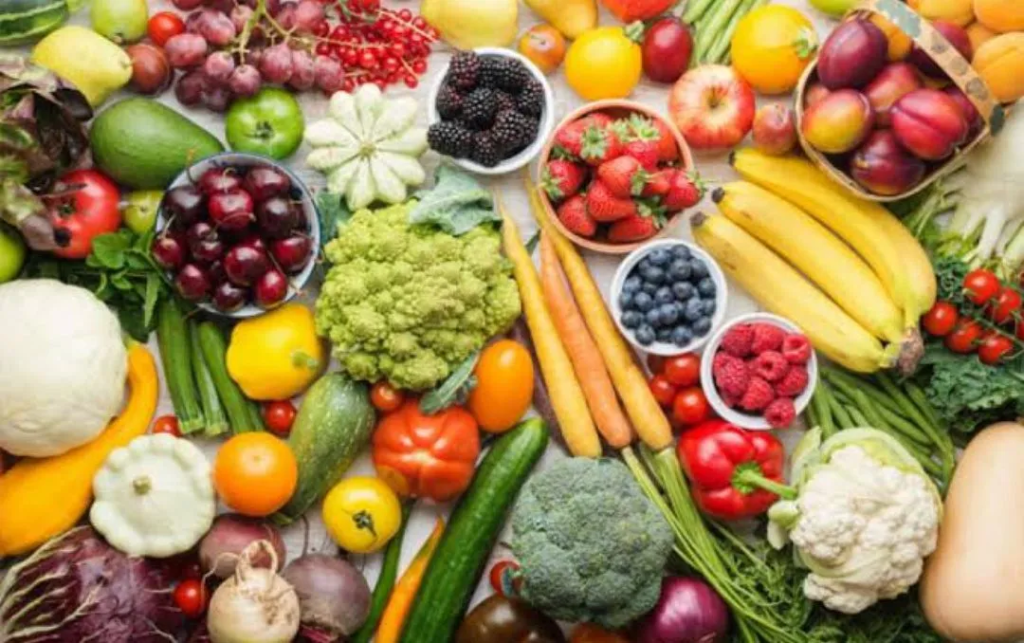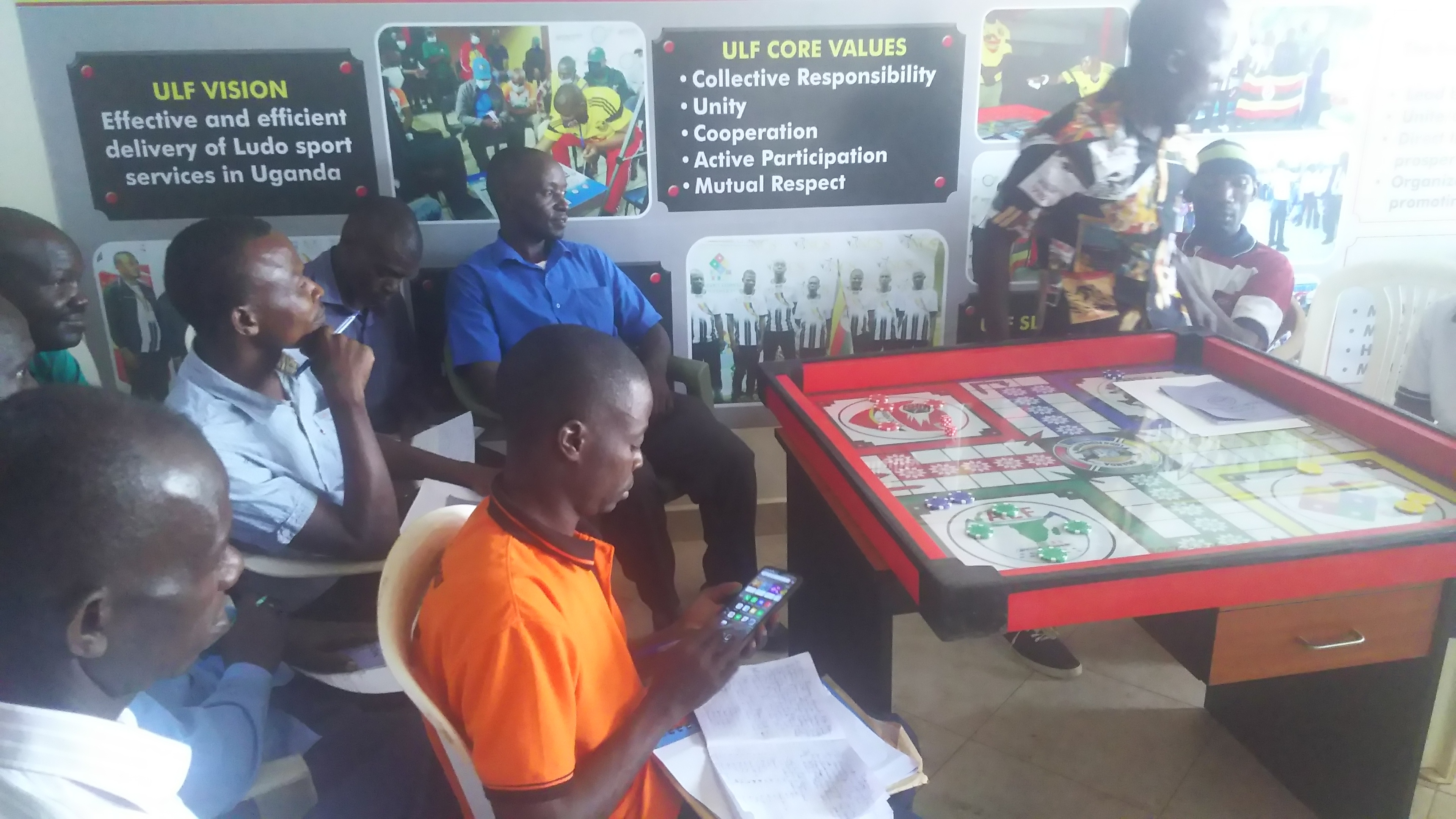
Muslims all throughout the world observe fasting during the month of Ramadan. Muslims refrain from eating and drinking from daybreak till sundown during this month.
Muslims should eat wholesome foods during times when they are not fasting in order to maintain their health and energy levels.
Here are some nutritious foods to eat during Ramadan:
Dates are a traditional food to break the fast within many Muslim cultures and for good reason. They are an excellent source of natural sugar, fiber, and essential minerals like potassium and magnesium.
They are also high in antioxidants and have anti-inflammatory properties, making them an ideal food to start your fast-breaking meal with.
Vegetables can be a good source of essential vitamins including vitamins A, C, and K, as well as fiber and antioxidants during Ramadan.
Vegetables are a core part of any balanced diet. In order to ensure that you are getting a wide range of nutrients, try to include a variety of vibrantly colored veggies incorporated into your meals.
Water – this might sound however incorporating fluids into your regular diet can help you keep hydrated. But water does more than just hydrate the body, water is full of nutrient-rich minerals that your body needs for daily function. So drink more, you’ll feel better and more importantly, your body will thank you.
Whole grains; foods like whole grain cereal, whole grain bread, or even brown rice and oatmeal can prove to be essential components of your diet while fasting.
Not only do they aid in normal suggestion, but they also stay in your belly longer, keeping you fuller longer and giving you energy for your everyday tasks.
Fresh fruits and vegetables, a slice of pineapple or watermelon along with your meal can make all the difference in your daily nutrient intake as well as being a good source of vitamins. Raw vegetables like cucumber, tomatoes, onions, or even a combination of the three can have similar results.
Healthy fat; while those two terms might seem contradictory. Nuts, seeds, and avocados are examples of healthy fats that can help to deliver continuous energy throughout the day. You can also try including these natural fats in your diet for more nutritional value.
Proteins; milk, yogurt, and eggs are just some of the richest protein-filled foods. Using any of these in your diet can see you achieve your daily protein intake and make sure your body gets the nutrients it needs during your fast.
These are just some of the vital food groups that you need and should include in your personal diet while you embark on the spiritual journey of the holy month.
It is important to focus on eating nutrient-dense foods that provide sustained energy and help to maintain good health. By incorporating foods like dates, whole grains, vegetables, lean protein, healthy fats, and water into your meals, you can help to ensure that you are getting the nutrients your body needs to thrive during this important month.
Instead of stressing your wallet while trying to eat healthily, check out Carrefour Uganda’s social media channels and take advantage of incredible discounts on a variety of Ramadan necessities.






